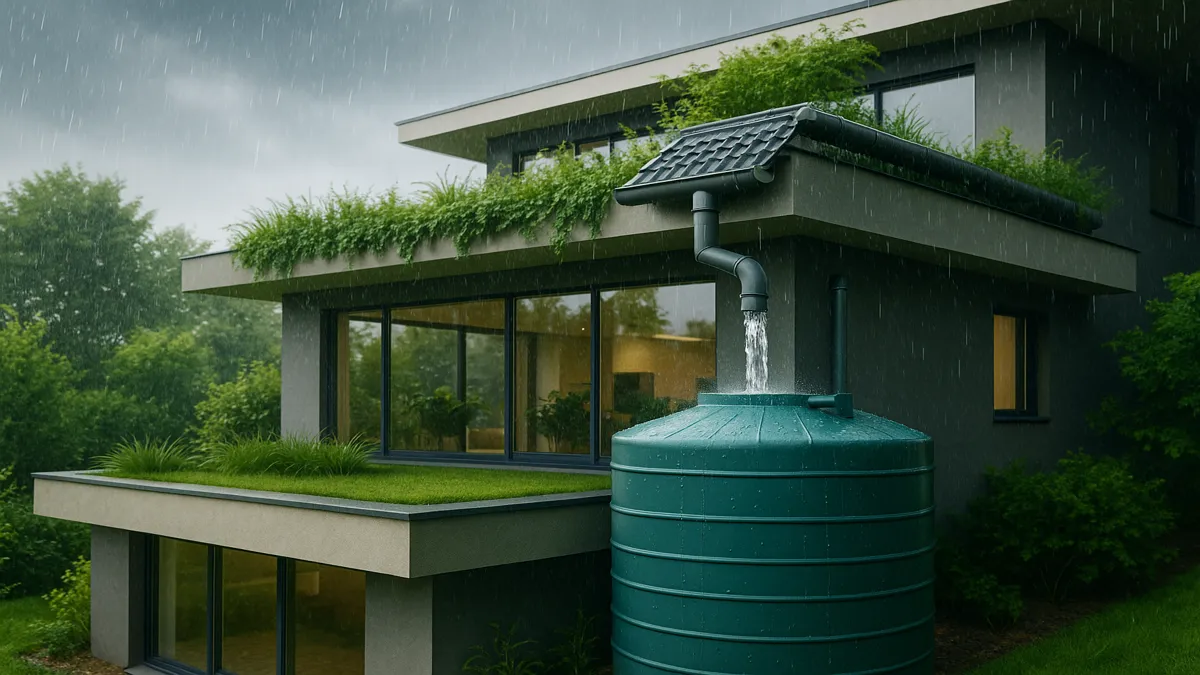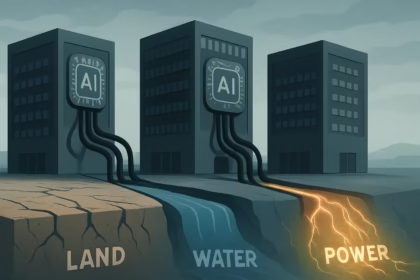Pakistan has taken a major step toward environmental sustainability and water security: the federal government has made rainwater harvesting systems a mandatory requirement for all new buildings, while also approving the country’s first national Green Building Code. These changes mark a turning point for urban development, energy efficiency, and the fight against water scarcity nationwide.
What’s Changing?
- All new residential, commercial, and industrial buildings will now be required to install systems for collecting, storing, filtering, and reusing rainwater.
- The Green Building Code sets new standards for energy-saving design, water conservation, use of eco-friendly materials, and overall building sustainability.
- Both measures apply countrywide and will be enforced by development authorities at the federal, provincial, and local levels.
Key Points of the New Rules
- Rainwater Harvesting: Every new building project must implement rainwater collection systems. The aim is to utilize rainwater for both potable (drinking) and non-potable uses—such as irrigation, flushing, or even cleaning—to ease pressure on public water supplies and help recharge groundwater.
- Applies to Most Buildings: The Green Building Code applies to all multi-storey and major construction projects. Smaller buildings and structures with minimal resource use may be exempt.
- Focus on Energy and Environment: The standards encourage solar energy use, natural lighting, green roofs, improved air quality, and efficient utility systems, aligning with international climate and sustainability targets.
- Comprehensive Coverage: These rules were developed in consultation with engineering councils, ministries, and stakeholders from every province and region.
Why Now?
- Pakistan faces mounting water shortages, rapid urban growth, and the urgent need to cut energy costs and pollution.
- Groundwater is declining, and major cities face frequent water crises, making alternative sources critical.
- The new building code is a direct response to these challenges and is also a requirement under international agreements and climate funding assessments.
What This Means for Builders and Homeowners
- Approval for any new construction will now depend on integrating rainwater harvesting and green building features into design and planning.
- Engineering consultants and construction firms must follow the new codes, and approvals will be denied for projects that do not comply.
- Residents and building owners will see long-term benefits: lower utility bills, better water security, and healthier living environments.
A National Push for Sustainability
With this move, Pakistan joins a growing list of countries making green, resource-efficient building practices a legal standard. Experts say these measures are essential for climate resilience, urban livability, and safeguarding future generations from worsening water shortages and high energy costs.
The adoption of rainwater harvesting and green building codes signals a new era for Pakistan’s cities—where every drop and every watt will count toward a cleaner, more sustainable future.
















